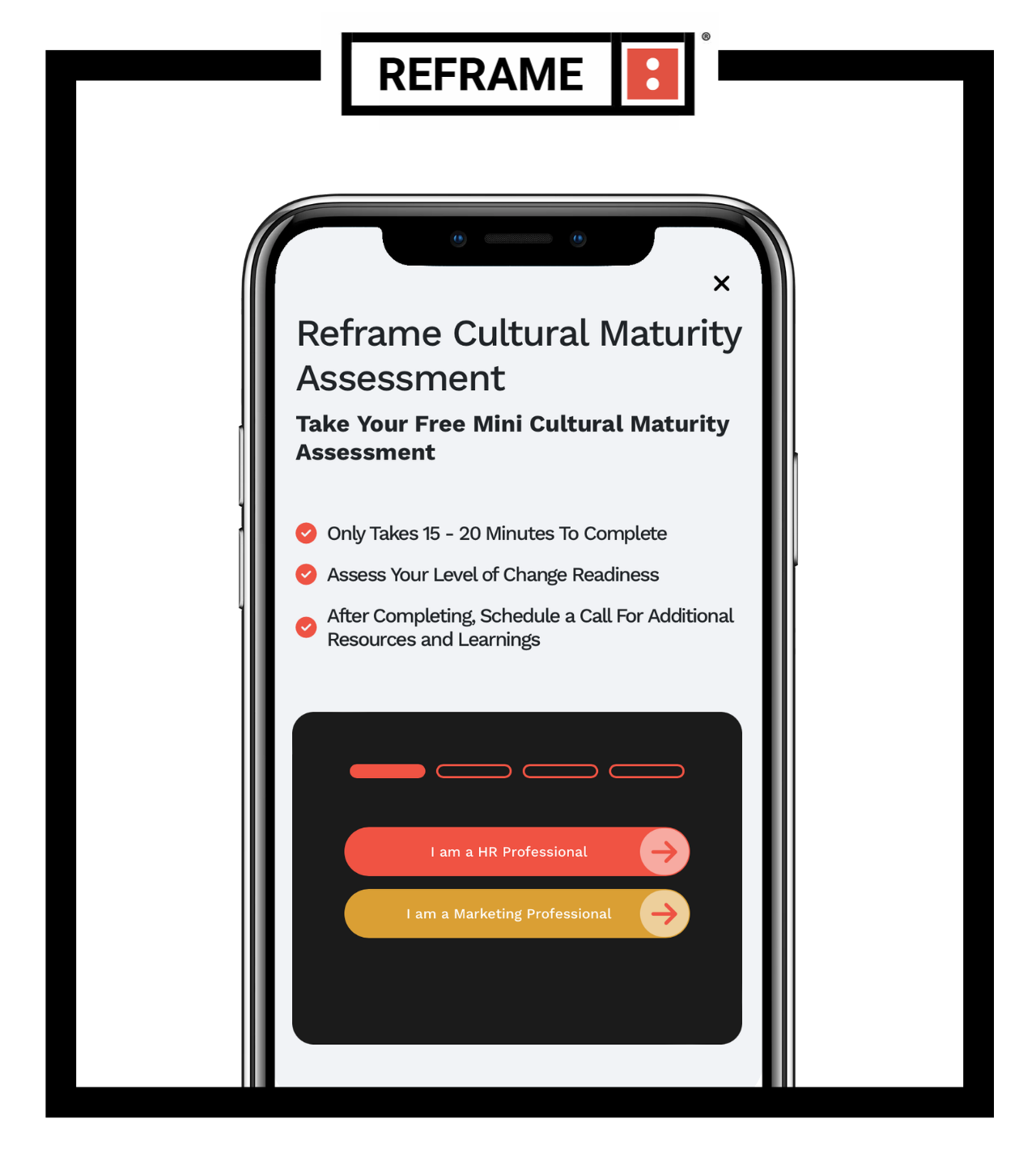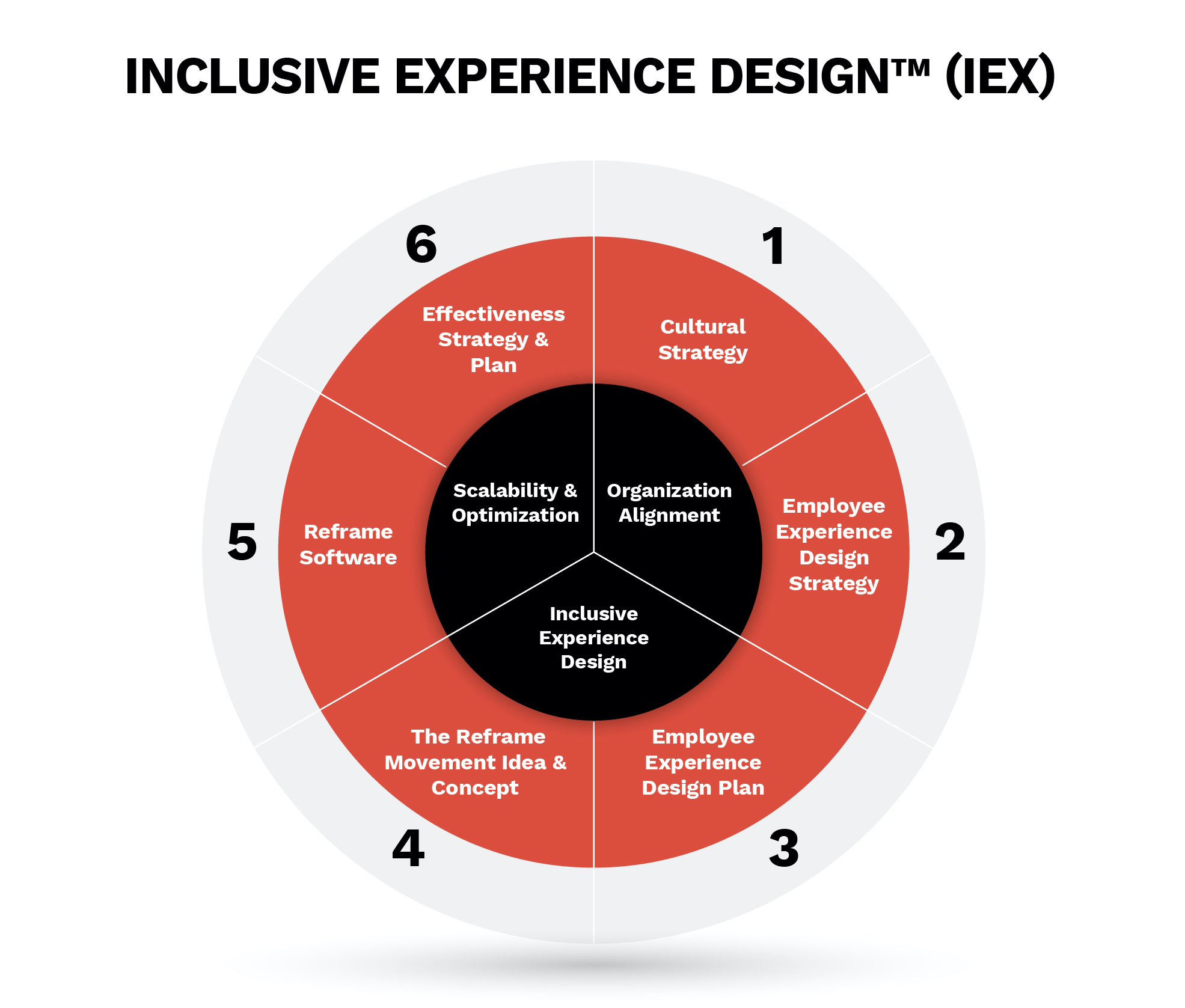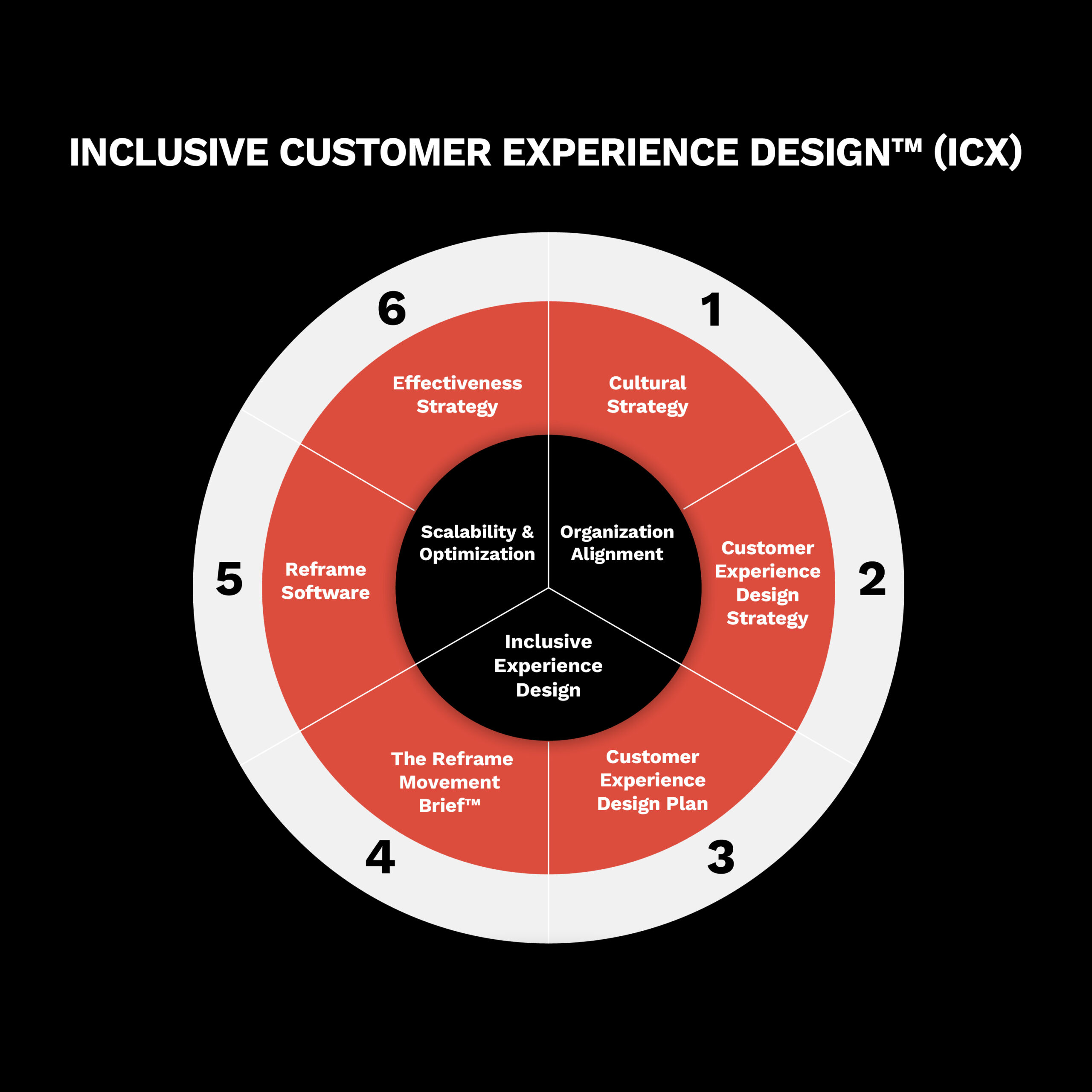
Understanding Change Management and What It Could Mean for Your Organization
Change management is an important methodology that all leaders need to understand if they want to evolve and grow their businesses.
Without a strategic approach to change, any alterations made in your organization will likely fail. This can have serious consequences financially and can damage your employees’ trust.
Not only does change management increase your business’ chances of success, but the more success you have with change management, the more positive changes you may start to see as a result.
This article offers tips for understanding change management and how it could affect your organization.
What is change management?
Change management is a strategic approach that is used by businesses to minimize risk and operational disruptions as they navigate change. Change management can be used to direct your team through planned and unplanned change.
Why is change management important for your business?
Implementing changes without a strategy can be disastrous. Not only can it be expensive but it can cause major disruptions amongst your employees and even damage the structural integrity and public perception of your organization.
Understanding change management and having a robust strategy is critical for minimizing risk and ensuring operations run smoothly as well as increasing the chances of the change being successful and having minimal negative impacts.
What could change management mean for your business?
Having a strategic approach to change can have several positive effects on your business each time you complete a change initiative.
Here is what change management could mean for your business and how it can positively impact it for the better:
Increasing the efficiency of your operations
Remedial changes occur when senior staff identify issues within their processes and want to improve on them.
As businesses evolve, remedial changes are some of the most common types of changes and if implemented successfully, can have a profound effect on the efficiency of operations.
An example of this would be implementing new technology that would better enable sales. However, the technology must target a specific pain point of your sales team for you to see results.
For instance, if your sales team is struggling to find updated content to send to their prospects and this is having an impact on the number of deals they close, finding a sales enablement software that has a content management system is ideal.
Developmental change can also have a significant impact on operational efficiency. For this reason, a number of employers are starting to prioritize training and development for staff.
By prioritizing training and development for your team not only will you increase employee loyalty but the education will allow them to perform their job better and open up opportunities for advancing in your organization.
Make sure that you invest in the right training as development opportunities can get expensive and be wasteful if they won’t contribute to operational efficiency.
Lower cost and cost efficiency
Certain changes are expensive to make no matter how well you plan for them. That said, you can reduce costs by adopting expensive changes slowly. Say, for example, you’re adopting new technology such as a new eCommerce system for your website.
Trialing this software with a small group of people while still having the original system that you know does the job for the time being means that you can continue to run as normal while you get real-time insights into the capabilities of your new system and whether it can be adopted on a larger-scale.
In turn, a phased implementation lowers costs by allowing you to test before you fully commit to scalable software that would cost more money to build.
Happier employees
Not all change is positive. For instance, there are some personnel changes such as mass staff layoffs that can reduce staff morale. That said, most organizational change aims to improve the business in some way and, if done right, will increase staff happiness.
One change that culturally aware employers are making that has been proven to increase employee happiness is the implementation of inclusive practices and policies.
This ultimately creates a more inclusive atmosphere that in turn, makes employees feel safe and valued.
Staying competitive
It’s human nature to desire change and improvement, but change can’t happen without some form of innovation.
By consistently reimagining your services, operations, and business as a whole, you’ll stay ahead of the game and continue to impress your customers with your bright ideas. You’ll also attract young employees who want to work in an environment that values innovation.
The other benefit of staying innovative means that you gain a competitive edge over more archaic companies that refuse to change. We’ve seen this with companies that have yet to go through digital transformation and continue to operate with outdated ideas.
See what change management can do for you
Are you an employer striving to create an inclusive environment for your staff? Reframe offers advisory consultation for innovative leaders that helps with the implementation of change and the adaptation to changing environments. Learn more about how we can help you.
Related Blog Articles






